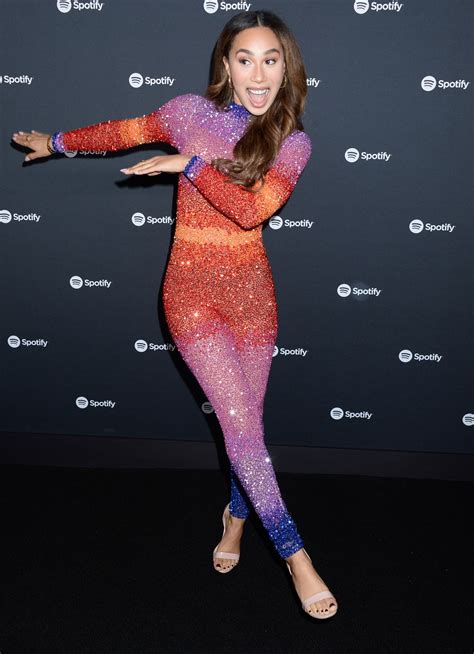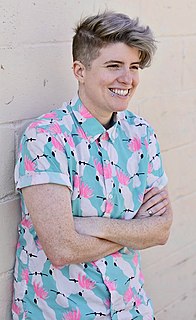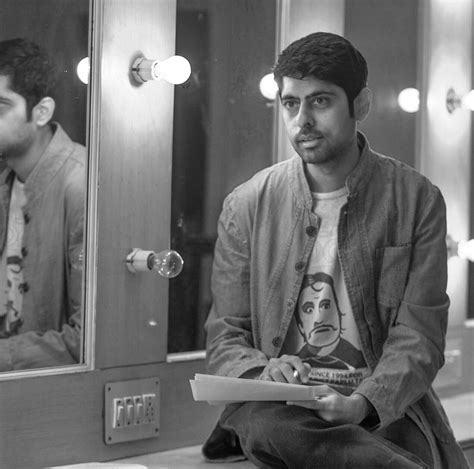A Quote by Rosalind Wiseman
I talk to teens everyday about topics that are often extraordinarily uncomfortable.
Quote Topics
Related Quotes
And be silent for the most part, or else make only the most necessary remarks, and express these in few words. But rarely, and when occasion requires you to talk, talk, indeed, but about no ordinary topics. Do not talk about gladiators, or horseraces, or athletes, or things to eat or drink - topics that arise on all occasions; but above all, do not talk about people, either blaming, or praising, or comparing them.
The young adult literature is relatively new - it just kind of exploded in the 2000s. When I grew up, there weren't bookstores with sections dedicated to teen lit, nor was my generation raised reading books written specifically for us. Because of that, today we still think of books for teens as children's books and so when you write a book that includes sensitive topics, it just seems even more controversial. What's troubling to me about that is these are issues adults know that teens deal with. Not writing about them makes them something we don't, or can't talk about.
As you feel increasingly comfortable around your friends, I think it's more than fine to share the basic details of your heroin addiction with them. If they seem receptive, you can feel free to talk about it in further detail; if they seem judgmental or uncomfortable, you can move on to other topics.
Being a doctor, I worry that the patient may be uncomfortable about sharing something. It could be sexual dysfunction, an eating disorder, depression, domestic violence - these are serious topics many people don't want to talk about. I'll try to follow up with questions like: How are things at home? How's work? But we don't always have time to probe. Don't be afraid to bring up the important things going on in your life, even if they don't feel 'medical.' Your doctor would rather know than not know.



































